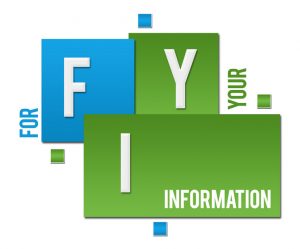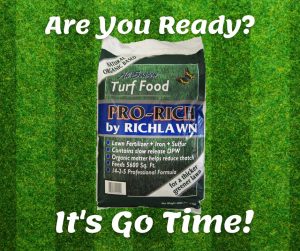When it comes to wildlife removal, Denver experts are highly trained to ensure that all critters can be removed humanely and efficiently from properties that are being affected by their presence. Whether you own a restaurant or a retail business that’s attacked occasionally by critters trying to steal food, or whether you’re just a homeowner concerned that the squirrels that made their homes in or on your roof might damage it, you can get a lot of support from dependable wildlife removal services based in Denver, such as Wildlife Inc.

The Basics of Wildlife Removal
Wildlife removal has a long history, and much of it is quite terrifying to think back on. However, the methods have evolved to be not only more efficient, but also to take into account the animal’s health and well-being.
Traps might attract animals using food or appealing odors, then an automatic system will trap the animal once it takes the bait. However, modern traps are designed to confine wild animals safely, without causing them harm, even if they, for example, hit the walls of a cage as they attempt to escape it. This approach is constantly being improved as new technology appears and new methods are being thought up.
A History of Inhumane Practices Must End Now!
Policy is driven by people, and these days an unprecedented number of people are calling for the protection of wildlife and for animal rights. That means the inhumane practices of killing wild animals that stray to one’s property in search of food or shelter will no longer be tolerated.
Professional wildlife removal Denver services like Wildlife Inc are highly committed to provide not only the best support for Denver homeowners and business owners, but also the most ethically sound one. Leading wildlife removal services are raising awareness about animal rights and ensuring that all practices they used to get raccoons, skunks and other animals off properties are designed to trap them and relocate them into their natural habitats without causing any harm.
Traps that use the animal’s preferred food might include cages designed to contain the animals without hurting them and other similar humane methods. Traps are also often modified to ensure that they don’t cause the animal too much stress and relocation methods ensure that the animals in question are not placed at too far a distance in case the animal might be an adult that has babies in the area.
Preventing the Return of Unwanted Wildlife
Colorado is a region with a lot of wildlife, so the humane removal of these animals will not be a permanent solution unless you address the core of the matter.
Experts from Wildlife Inc can provide you with tips on how to do that, including the patching up of holes in walls and roofs, the installation of fences that could prevent animals from straying to your property and the installation of proper horns and chimneys to prevent the smell and smoke from cooked food from attracting animals to your home or business location.
The ability to coexist with animals is essential not only for the animals themselves, but for us as humans. That is why policies against hurting animals are being more and more prevalent these days. Wildlife Inc is one of the very few services in the Denver metro area that are fully aware of these matters and already have a system in place to remove and relocate wildlife efficiently without causing harm.

